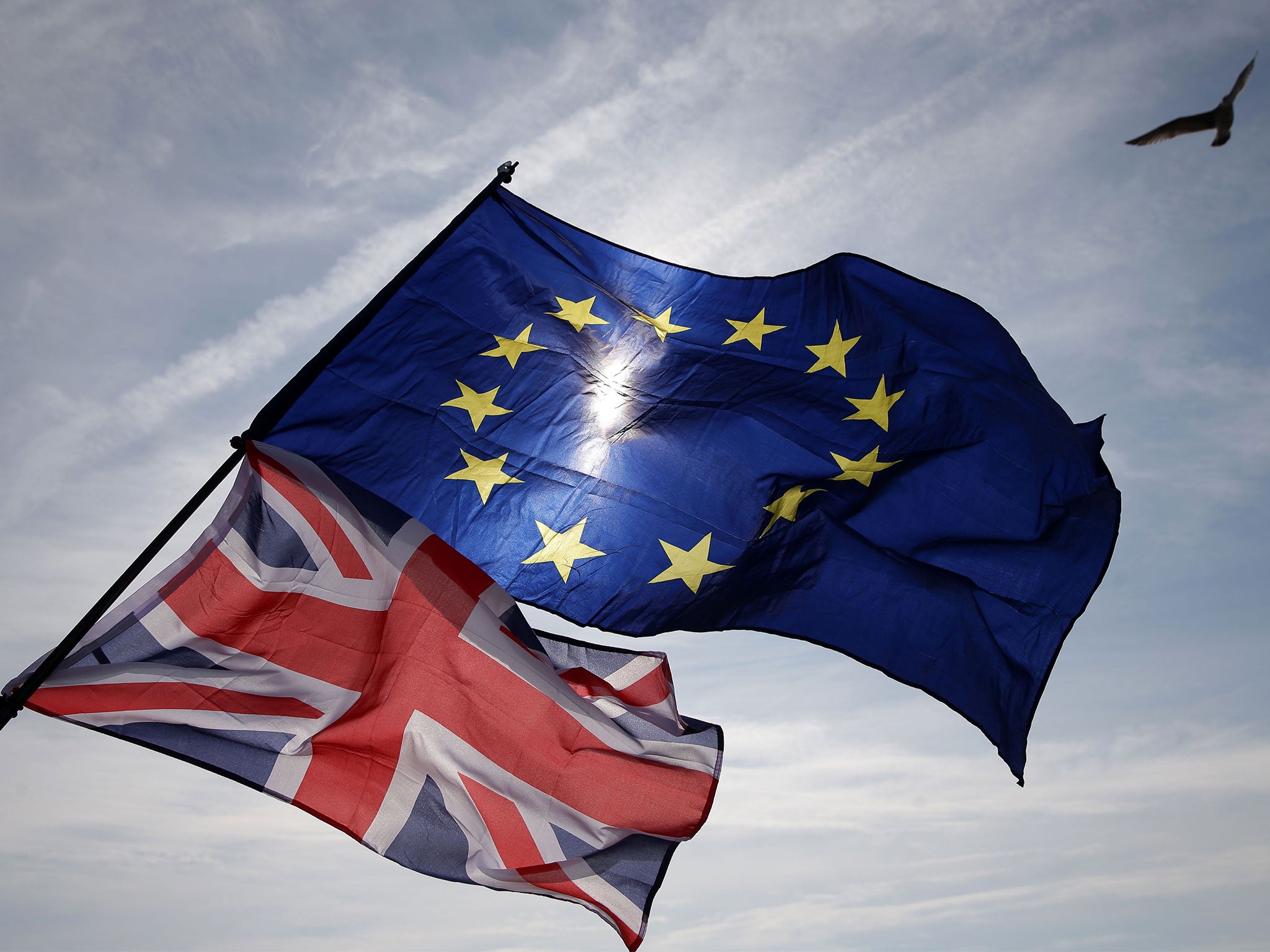Government running out of time to ensure consumer and business protections will continue after Brexit, watchdog warns
Ministers told it will be 'challenging' to make necessary legal changes in time for March 2019 deadline

Ministers are running out of time to guarantee consumer and businesses protections will continue once Britain leaves the EU, the government spending watchdog has warned.
The National Audit Office said ongoing uncertainty over the Brexit process was making it hard for officials to ensure existing EU protections will be copied over into UK law.
Among laws needing to be transferred are those that ensure products being sold in Britain are safe and that consumers have rights if they purchase faulty goods.
The NAO said too many “what ifs” had created a risk of existing protections may not be maintained.
The watchdog analysed Brexit preparations being carried out by the Department for Business, Energy and Industrial Strategy (BEIS), as well as by subsidiary organisations such as National Trading Standards and the Competition and Markets Authority (CMA).
In a report, it warned it would be “challenging” for ministers to meet the March 2019 deadline for transferring existing EU protections into UK law, including those relating to consumer rights and fair competition between businesses.
Many of these are needed to enable British companies to trade with other EU countries.
The government has estimated that at least 1,000 legal changes need to be made before Britain leaves the EU next March, but many of the details depend on the nature of the future relationship Britain negotiates with Brussels. Securing a Brexit transition period would push back the deadline, but this depends on a deal being agreed.
Sir Amyas Morse, the head of the NAO, said: "It is not an easy task pushing forward with preparations for EU exit surrounded by what ifs.
"BEIS, National Trading Standards and the CMA have at least recognised which areas need to be ready by day one, but they will need cross-government support in implementing these priorities and cross-border co-operation to ensure UK consumers and businesses can continue to trade smoothly.
"There will be many areas that departments and authorities across Whitehall simply cannot be prepared for, so the government needs to seriously help departments scramble and prioritise their efforts around what matters most to us come 30 March 2019."
The NAO said “pressure on the legislative timetable” means ministers could struggle to make all the necessary changes before next March.
Among work needing to be completed before Britain leaves the EU is the creation of a UK system for ensuring products are safe, because Britain current relies on European frameworks. A new method for dealing with consumer complaints about companies in other EU countries will also need to be developed.
The UK may also need to find ways of guaranteeing that goods entering the country from the EU meet British standards. Currently safety tests are only conducted on products coming from non-EU countries.
Labour MP Meg Hillier, who chairs the Public Accounts Committee, said: "Delays to the government's Brexit legislation mean consumers and businesses may lose important protections if the government doesn't ensure Parliament has time to get the right laws and regulations in place on areas such as product safety and state aid.
"The Competition and Market Authority's new responsibilities will cost around £24m a year but the impact on already stretched local trading standards is not yet clear.
"Another example of the wider cost of Brexit to the taxpayer over and above the financial settlement amount - Government needs to be upfront about these additional costs."
A government spokesperson said: "The UK's consumer protection and competition rules are some of the strongest and most comprehensive in the world. That will not change after we leave the EU.
"Now that the EU (Withdrawal) Act has become law we are getting on with the job of preparing our statute book for exit.
"We have already started bringing forward secondary legislation and are confident in delivering our objective of a functioning statute book by exit day whatever the outcome of the negotiations."
Join our commenting forum
Join thought-provoking conversations, follow other Independent readers and see their replies
Comments
Bookmark popover
Removed from bookmarks